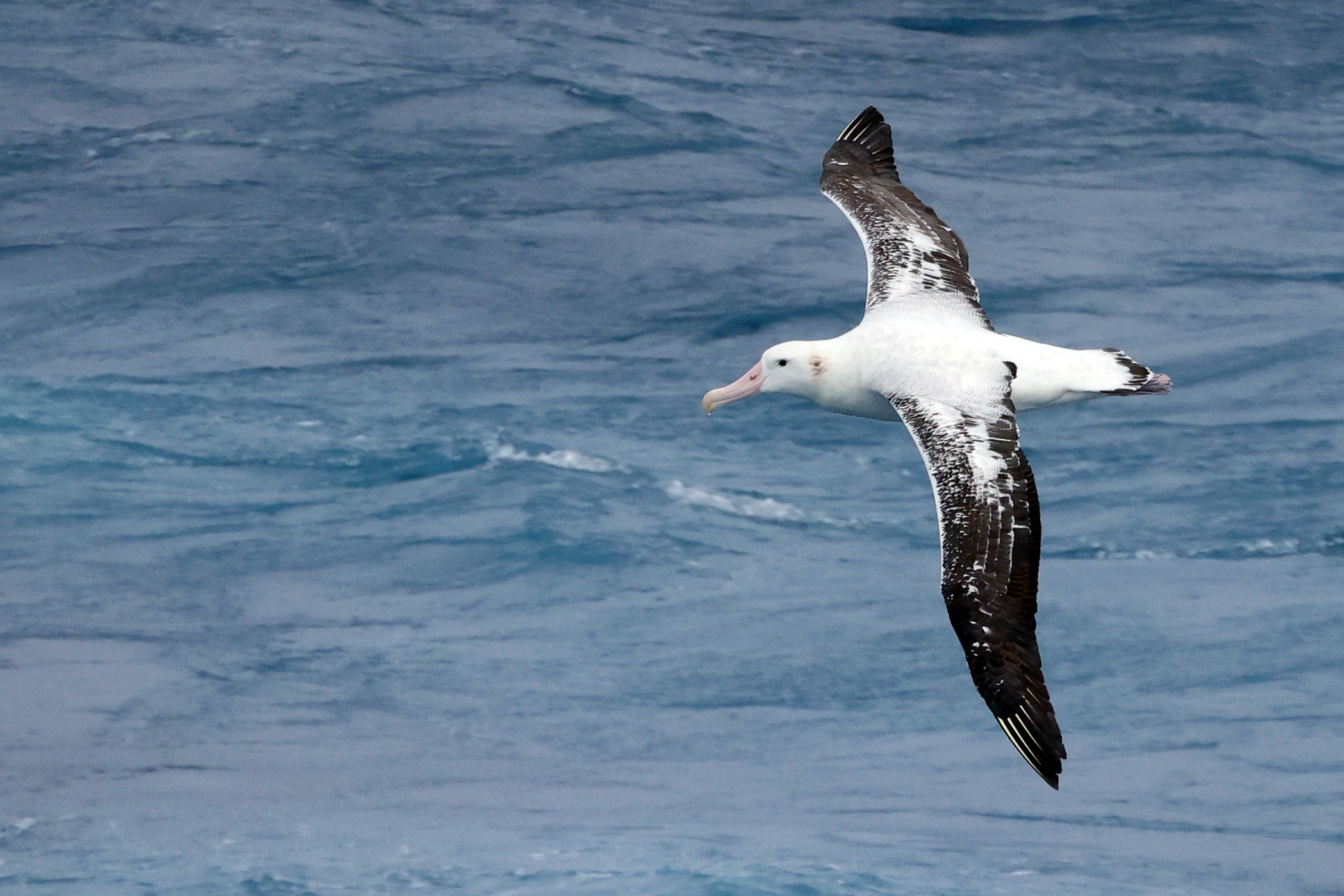
South Georgia's (Islas Georgias del Sur)* Wandering Albatrosses Diomedea exulans have been in decline since the 1970's with bycatch from fisheries predominantly responsible. With wide foraging ranges, Wandering Albatrosses are exposed to multiple fisheries across national and international waters making them particularly vulnerable to this threat.
Human activity and the climate crisis are behind the perilous state of the world’s bird populations with 49% in decline according to the publication.
The report, released every four years, shows 238 bird species or 12.8% of all surviving species have been assessed as Critically Endangered, only 38 % have stable populations and just 6% are increasing. Many birds have gone extinct in the past centuries and the risk of extinction is only increasing. The world is currently experiencing an extinction crisis with the planet facing its sixth mass extinction event.
30% of seabird species are considered globally threatened making them one of the most at risk groups of birds. Bycatch from fisheries affects 100 seabird species and poses their biggest threat with hundreds of thousands of seabirds killed each year through interactions with fishing vessels.
The report also highlights availability of mitigation measures that have been developed over previous decades, identifying ACAP’s Best Practice Advice and technical guidelines which, if implemented, are proven and effective conservation measures. A lack of regulation and compliance, particularly on the high seas, is cited as behind the persistent threat to seabird populations.
Despite such a grim outlook, the effectiveness of conservation action is underlined by the report with examples of successes: An initiative led by BirdLife’s Albatross Task Force which resulted in a 98% reduction of seabird bycatch in targeted fisheries of the Namibian demersal longline fleet and the eradication of invasive alien species on numerous islands leading to the recovery of native bird populations being two such examples.
Urgent action is identified as paramount if the decline in the world’s bird populations is to be turned around. Solutions to the various pressures facing birds are known and can be implemented with a concerted and collaborative approach from the international community.
The full report is available in English, French and Spanish at the BirdLife International website, here.
5 October 2022
*A dispute exists between the Governments of Argentina and the United Kingdom of Great Britain and Northern Ireland concerning sovereignty over the Falkland Islands (Islas Malvinas), South Georgia and the South Sandwich Islands (Islas Georgias del Sur y Islas Sandwich del Sur) and the surrounding maritime areas.

 English
English  Français
Français  Español
Español